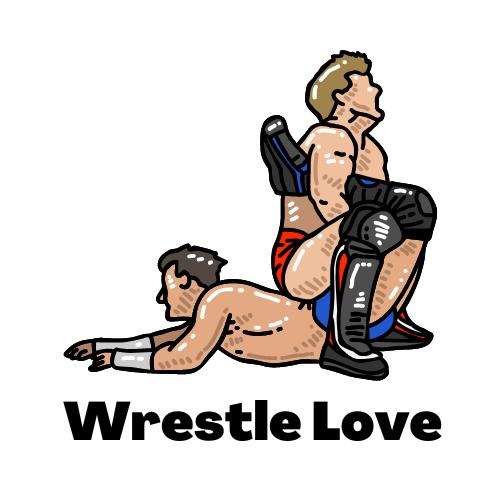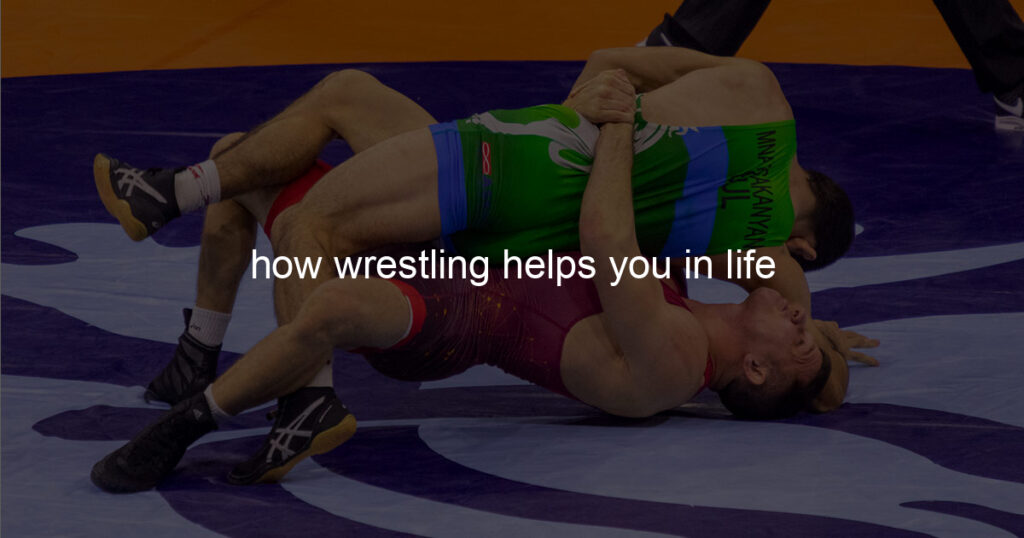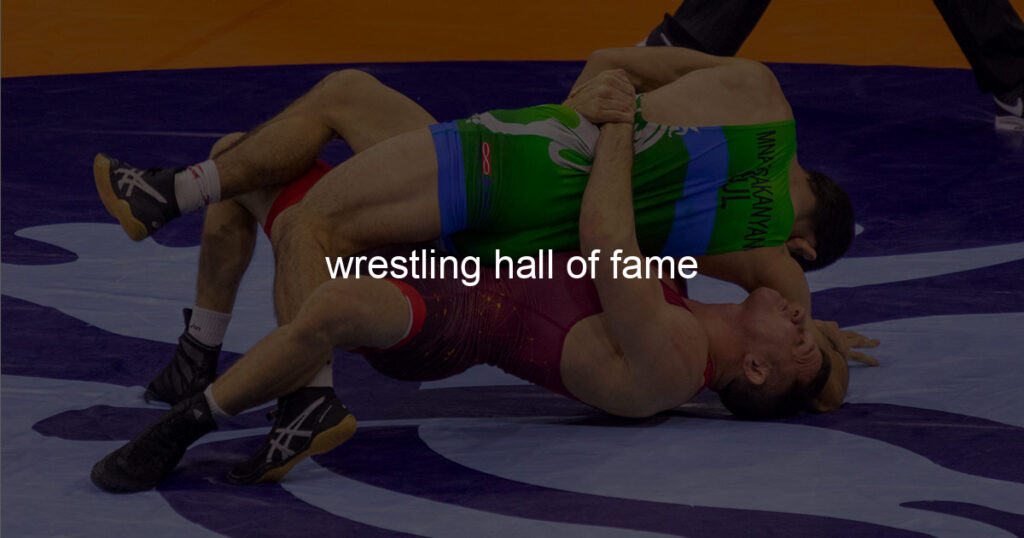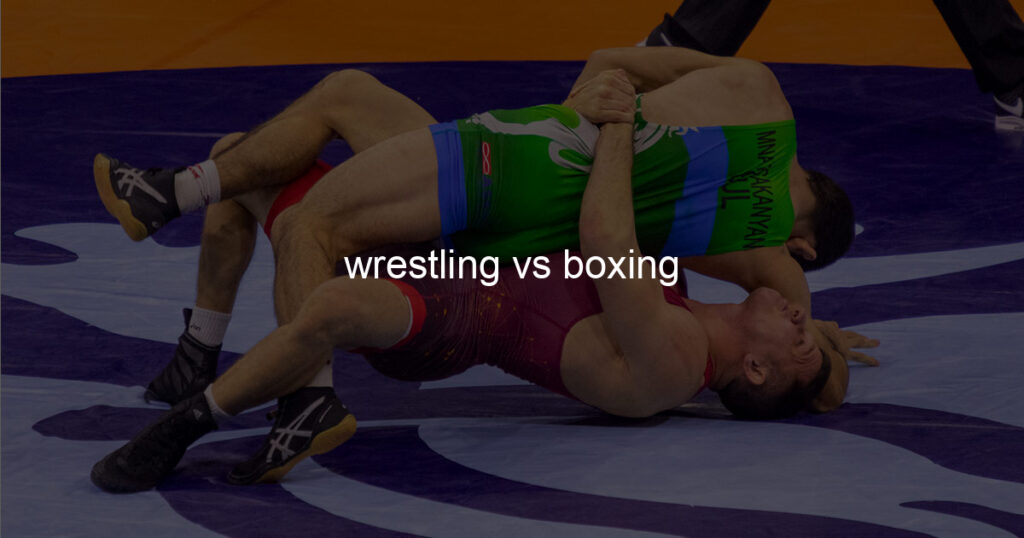Do you ever find yourself wondering, as a wrestler or just someone who loves watching wrestling matches, if height is really that important when it comes to success in the professional Wrestling world? After all, even though some might view tall wrestlers as having an advantage over their shorter opponents, there are plenty of ways that being on the shorter side can be beneficial.
So does height have an impact on wrestling matches more than anything else? It’s time to dive into this topic and answer the age-old question: Does height matter in wrestling?
Is there a height limit for wrestling?
Believe it or not, there is no set height limit when it comes to wrestling! While the traditional form of wrestling often sees two participants of equal size competing against each other, savvy wrestlers can overcome any height discrepancy.
Wrestlers have mastered such techniques as outwitting their taller opponents with speed and agility and taking advantage of strength differences to escape from tricky holds. It’s all about working on what you have and learning each person’s strengths and weaknesses. So don’t let your size be a limiting factor – shorties can wrestle too!
Does height matter in wrestling?
Height plays an important role in many sports, but is it make-or-break when it comes to wrestling? In some ways, taller wrestlers have a slight advantage. Taller competitors can often shoot in longer, reach higher for takedowns, and set up submission holds from further away.
It also doesn’t hurt to look down on an opponent from above. But height isn’t everything! Small wrestlers have the potential to be just as successful if they find ways to counterbalance their physical challenges with technique and savvy. By studying their opponents and focusing on strategy rather than size, short wrestlers can be just as formidable in grappling matches as those who tower over them.
Is it hard to wrestle if you are tall?
Being tall can be an advantage if used correctly, but it can also lead to a few challenges. Taller wrestlers must ensure they have the strength and flexibility to move well while remaining powerful at all times. It’s also important that they make sure their weight is evenly distributed so they don’t become top-heavy and unbalanced in their movements.
Finally, taller wrestlers must be aware of the distance between them and their opponents to set up takedowns and gain better control over their matches. All these things take time to master, but with patience and practice, tall wrestlers can become just as competitive in the ring as any other size!
Is it better to be shorter in wrestling?
Wrestling is a sport of strategy as much as it is a sport of strength, making height and size only one piece of the puzzle of wrestling success. Being smaller can be an advantage! Shorter wrestlers have greater agility on the wrestling mat, which means they can move quickly and with the flexibility to set up for throws and takedowns.
Furthermore, lower wrestlers can often time get under their longer opponents’ reach when going for a shot, leaving them defenseless. Of course, being taller has its advantages as well; but it’s hard to deny that shorter wrestlers have more potential to be successful in the sport at any given level.
Is grappling better for smaller people?
Grappling is an incredibly useful skill for anyone to learn, regardless of size. While it may be true that smaller people benefit from the fact that they can use their agility and speed in grappling exercises, this isn’t the only advantage that grappling offers smaller people.
By learning wrestling techniques, a smaller person can increase their body strength, giving them greater ability to defend themselves against larger opponents if need be. Furthermore, improved balance and coordination are a major part of any martial arts training.
With the right training routine designed specifically for someone’s size category, you can get all these benefits without having to worry about being outmatched by larger opponents. Whether you’re on the small side or not, the truth is that grappling can be a highly beneficial practice for anybody so long as they have access to an experienced teacher who can properly tailor their training accordingly.
Are long legs good for wrestling?
Long legs certainly have the potential to be advantageous to a wrestler, as they offer increased reach and better leverage on your opponent. But wrestling is much more than just outreaching your opponent – it’s also about being able to generate power and maintain balance.
You can do this with or without long legs; while they may give you an advantage in certain situations if you’re strong, confident, and focused then shorter legs shouldn’t hold you back. Ultimately your success in wrestling depends on how well you use all of your physical attributes to capitalize on any opportunities that come up.
Are strong legs good for wrestling?
Wrestling is a sport that requires strength and power, so having strong legs can make you very competitive. Leg strength is an ideal asset for wrestlers; it allows them to maneuver around the mat with ease, maintain a powerful stance during holds, and give them the explosive power needed to take their opponents down.
If you think about some of the top contenders in wrestling, many of them are known for a powerful lower body which allows them to control their opponents as well as help keep themselves off the floor. Strong legs are also necessary for performing endurance exercises such as running so wrestlers can utilize their speed and agility to quickly take control during matches.
All in all, having strong legs is a definite plus when it comes to wrestling since it helps wrestlers gain more power, mobility, and endurance.
Are short arms better for wrestling?
When it comes to wrestling, short arms can be an advantage – especially in freestyle and Greco-Roman events. Because they act as levers when the athlete is trying to leverage their opponent into a fall or pin, short arms give more control and stability when executing intricate holds and maneuvers.
Plus, those with shorter arms may have greater success contorting their bodies into difficult positions during grappling, thereby gaining a pivotal advantage during competition. Of course, strength and technique often factor more heavily into winning bouts than arm’s length; but overall, having short arms certainly doesn’t hurt while wrestling.
What body type is best for wrestling?
Wrestling is a sport that requires strength and athleticism, but the best body type for a wrestler depends on the style of wrestling being competed in. Greco-Roman wrestlers need powerful upper bodies that allow them to lift their opponents off the ground while Freestyle wrestlers require more agility and flexibility to perform complex moves such as throws.
For those competing in Mixed Martial Arts, it becomes even more important to have a combination of muscular strength and quickness to protect against strikes and counters. Ultimately, wrestling success depends not only on which body type you possess, but how you use it to your advantage during competition.
Can a wrestler be skinny?
Absolutely! There is a common misconception that wrestlers have to be strong and bulky, but that is not necessarily the case. Plenty of successful wrestlers have been “skinny” in their physiques. It all comes down to technique, strategy, speed, and agility—not just strength.
The most important factor to success in wrestling is the ability to outsmart your opponent and use their momentum against them. As long as a skinny wrestler has the level of cardiovascular endurance and intelligence it takes to make good decisions during matches, size won’t necessarily matter. It’s all about playing off your strengths no matter what they are!
What is a good weight for wrestling?
Weight classes in wrestling are essential components for a safe and competitive match. It might seem strange to have specific weight categories, but it’s important to divide up the competitors so that no contestant has an unfair advantage over another.
Wrestlers need to pay close attention to their weight and find a target range where they can compete successfully without sacrificing performance. This can be a tricky balancing act, as wrestlers want to maintain enough muscle mass while still staying relatively lean to make the desired weight class.
With proper nutrition and strength training techniques, wrestlers can reach peak performance while remaining within an ideal wrestling weight range.
Wrapping up: Does Height Matter in Wrestling?
To wrap it up, height can give an advantage in certain wrestling styles and matches, but it’s not always necessary. Many successful wrestlers are of average height, or even shorter than average.
All that matters is the individual’s skill, strength, conditioning, and strategic thinking. Talent, focus, and drive should prevail no matter how tall you stand. If a wrestler has all these factors correct and puts in the work – then size won’t likely be an obstacle to success.
So if you love wrestling don’t get discouraged if you’re on the shorter side; go out there and make your dreams a reality. With some hard work and dedication – anything can happen!








